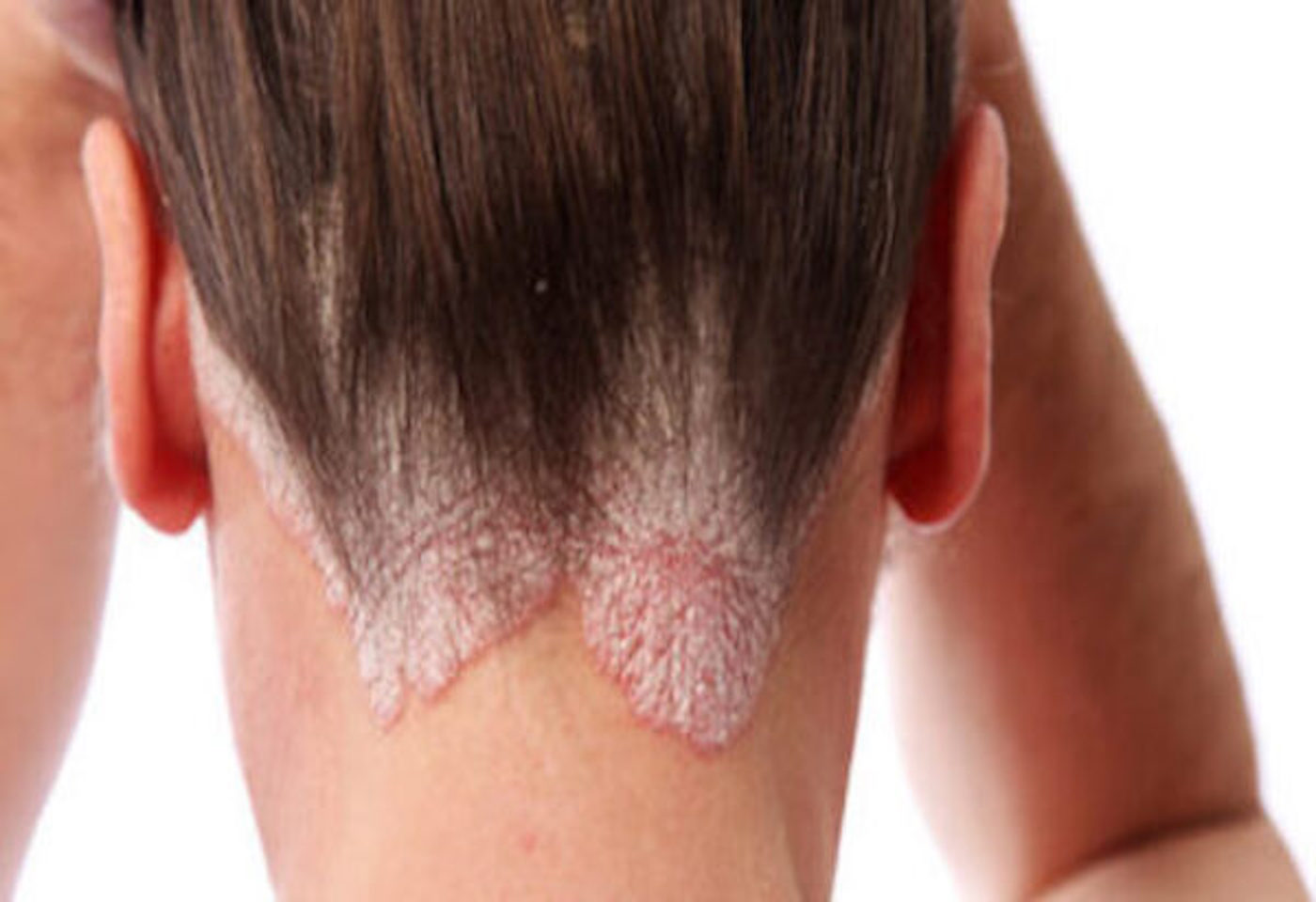Author: Dr. Shireen Furtado, Sr. Consultant – Medical & Cosmetic Dermatology, Aster CMI Hospital, Bangalore
India
healthysoch
New Delhi, October 29, 2024:
 Psoriasis is a chronic autoimmune condition that affects the skin, leading to the rapid growth of skin
Psoriasis is a chronic autoimmune condition that affects the skin, leading to the rapid growth of skin
cells that form scales and red patches, often accompanied by itching and discomfort. Affecting millions
worldwide, this condition can significantly impact a person's quality of life, both physically and
emotionally.
Symptoms:
- The symptoms of psoriasis can vary widely among individuals, but the most common signs include:
Plaques: Raised, red patches covered with thick, silvery-white scales, typically found on the
elbows, knees, scalp, and lower back. - Itching and Burning: Many individuals experience discomfort, including itching and a burning
sensation on the affected areas. - Nail Changes: Psoriasis can affect the nails, causing pitting, abnormal nail growth, and
discoloration. - Joint Pain: Some individuals may also experience psoriatic arthritis, which involves joint pain,
stiffness, and swelling, potentially leading to joint damage if untreated. - Varied Types: Psoriasis can present in several forms, including plaque psoriasis, guttate psoriasis
(small, drop-shaped lesions), inverse psoriasis (smooth patches in skin folds), and pustular
psoriasis (white pustules surrounded by red skin).
Diagnosis:
Psoriasis diagnosis typically involves a thorough physical examination and medical history review. A
dermatologist usually performs the evaluation, looking for characteristic symptoms and patterns on
the skin. In some cases, a skin biopsy may be conducted to rule out other skin conditions and
confirm the diagnosis. It's important to note that psoriasis can sometimes be mistaken for other skin
disorders, such as eczema or fungal infections. Therefore, a precise diagnosis is essential to ensure
appropriate treatment.
Treatment
- Topical Treatments: These include creams, ointments, and lotions applied directly to the skin.
Common options are corticosteroids, vitamin D analogues, retinoids, and calcineurin inhibitors.
These treatments aim to reduce inflammation, slow skin cell turnover, and alleviate itching. - Phototherapy: Controlled exposure to ultraviolet (UV) light can help improve symptoms for
many individuals. This may involve treatments in a dermatologist's office or at home with
special devices. Phototherapy can effectively reduce plaques and prevent flare-ups. - Systemic Treatments: For moderate to severe cases, systemic medications may be necessary.
These drugs, which can be taken orally or by injection, work throughout the body to suppress
the immune response. Common systemic treatments include methotrexate, cyclosporine, and
newer biologic drugs that target specific parts of the immune system.
Living with psoriasis can be challenging, but understanding the condition is the first step toward
effective management. Awareness and education can empower individuals to seek appropriate care,
engage in conversations with healthcare providers, and connect with support networks. With the right
treatment plan and lifestyle adjustments, many people with psoriasis can lead fulfilling lives, minimizing
the impact of this condition on their daily routines. If you or someone you know is struggling with
psoriasis, don’t hesitate to reach out to a doctor for guidance and support.







